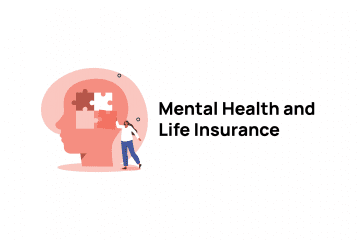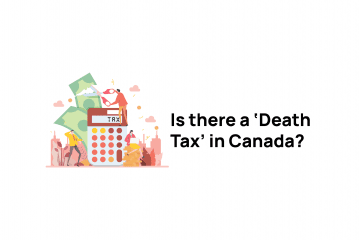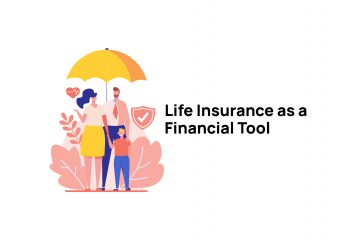Buying insurance is often done emotionally, overruling financial common sense. There’s three easy tests you can use though to ensure that you’re making the right decision. These three tests are simple, you should purchase insurance to cover Catastrophic Financial Losses. Learn the three keys to buying any kind of insurance.
- Catastrophic: You should normally only purchase insurance if your loss if catastrophic. If your loss is not catastrophic then you should consider saving the premiums and self-insuring. Totalling a $30,000 car would be considered catastrophic, or a fire burning a $250,000 home. Those amounts are not easily replaced by most of us out of our immediate funds. But many warranties are not catastrophic. This is why many financial advocates advise us to stay away from insuring electronic devices. If you’re $500 smartphone gets lost, that should not be catastrophic – so save your money and if it happens, buy yourself a new smartphone.
- Financial: You must suffer a specific amount of a loss and it should be clearly defined. You should be able to say “If this event happens, I have lost $YYYYY” and then purchase insurance for the amount of $YYYYY. If you can’t define the loss in financial terms, then the loss is likely emotional. Purchasing insurance for emotional reasons is fine as long as you are aware that this is what you’re doing. Don’t purchase insurance for emotional reasons thinking it’s a sound financial decision. Purchasing insurance on children is a good example. While I maintain a policy on my children, I do so for a variety of reasons, not all of which are ‘because it makes strong financial sense’. It may be for other non-financial reasons like teaching them the importance of planning and guaranteeing future insurability.
- Loss: This seems intuitive, but be careful. With both insurance and lotteries, large numbers of people contribute to a pool where based on a random event one person receives the pool of money. With insurance, the recipient lost that amount of money and the loss is being replaced by the pool. With lotteries, the person did not lose anything, they’ve created wealth. The mechanics are the same, the intent is entirely different. Critical illness insurance is a good example of this, failing both the financial and loss. Many critical illness policies are sold based on emotions rather than finances. And to make that clear, the challenge with critical illness is to show where a specific amount of money was ‘lost’, rather than having some benefit created. (i.e. taking a trip to the mayo clinic isn’t a loss, it’s a created wealth benefit, so it fails our test for proper insurance.)
If you put your insurance coverage against these three tests you’ll be a long way to asking the right questions to make sure you have enough of the right type of insurance, and not too much of the wrong type.
If you would like more information on buy insurance please contact us today or book a call with one of our life insurance specialists.





